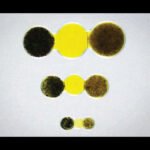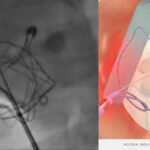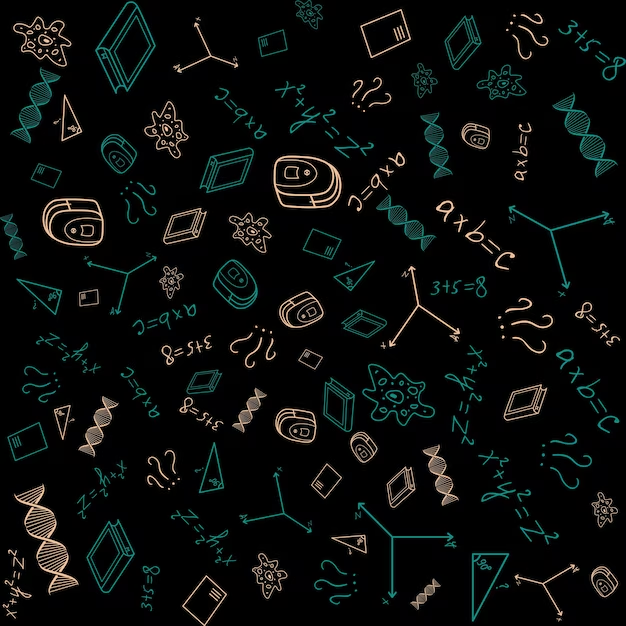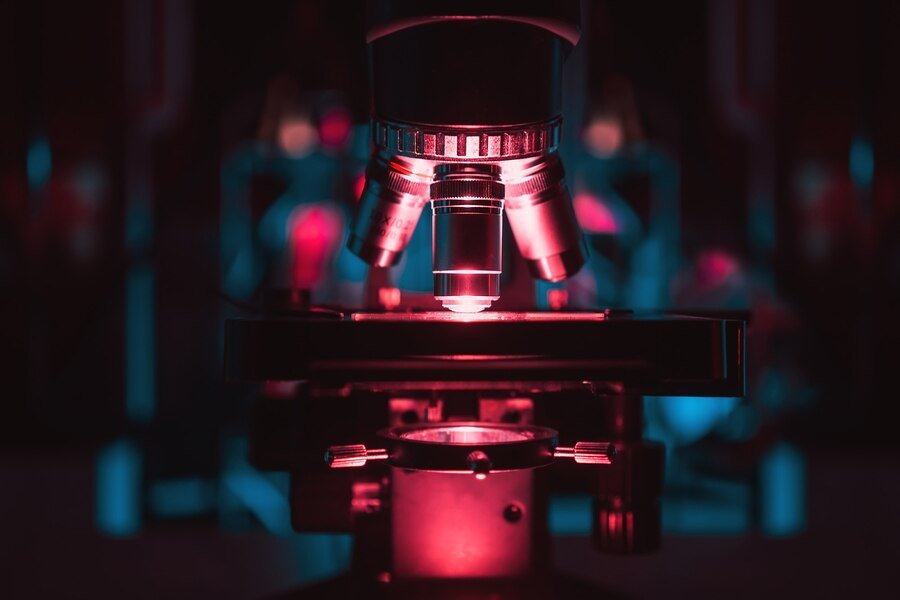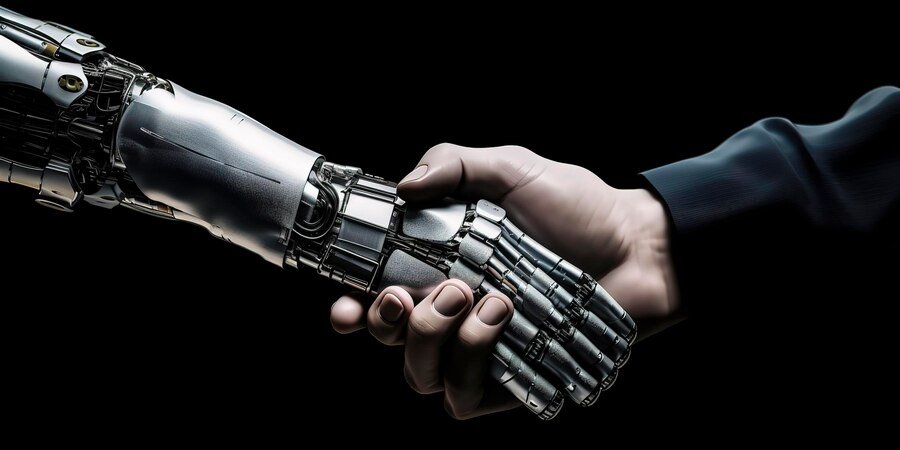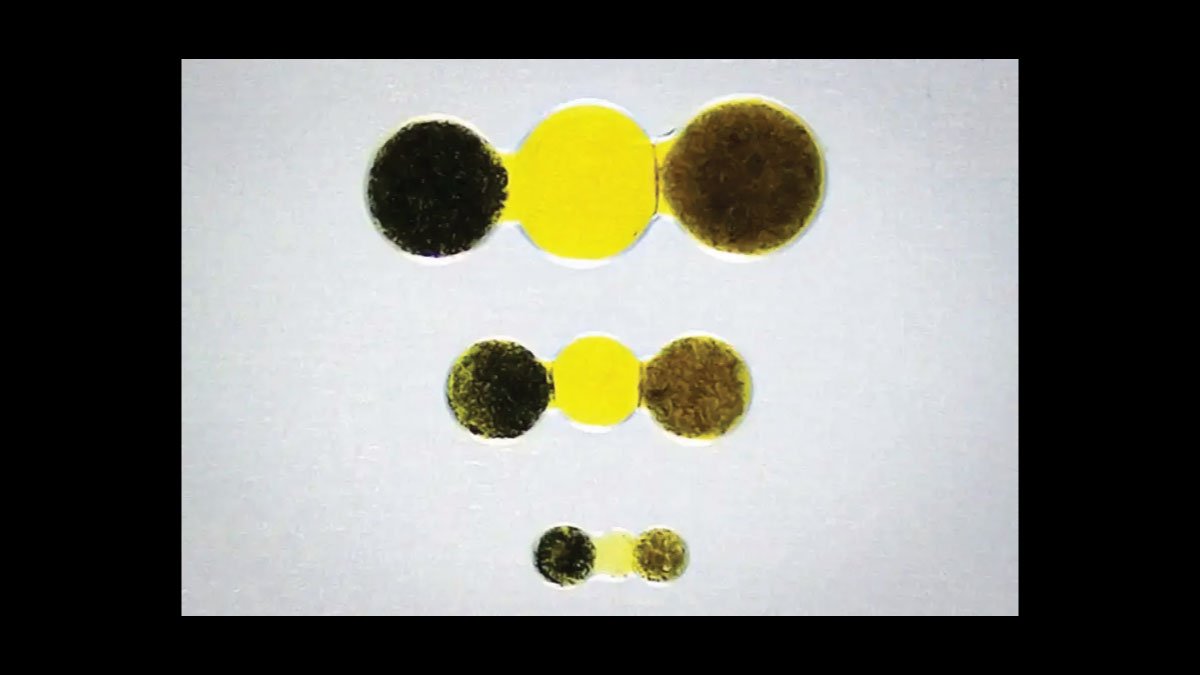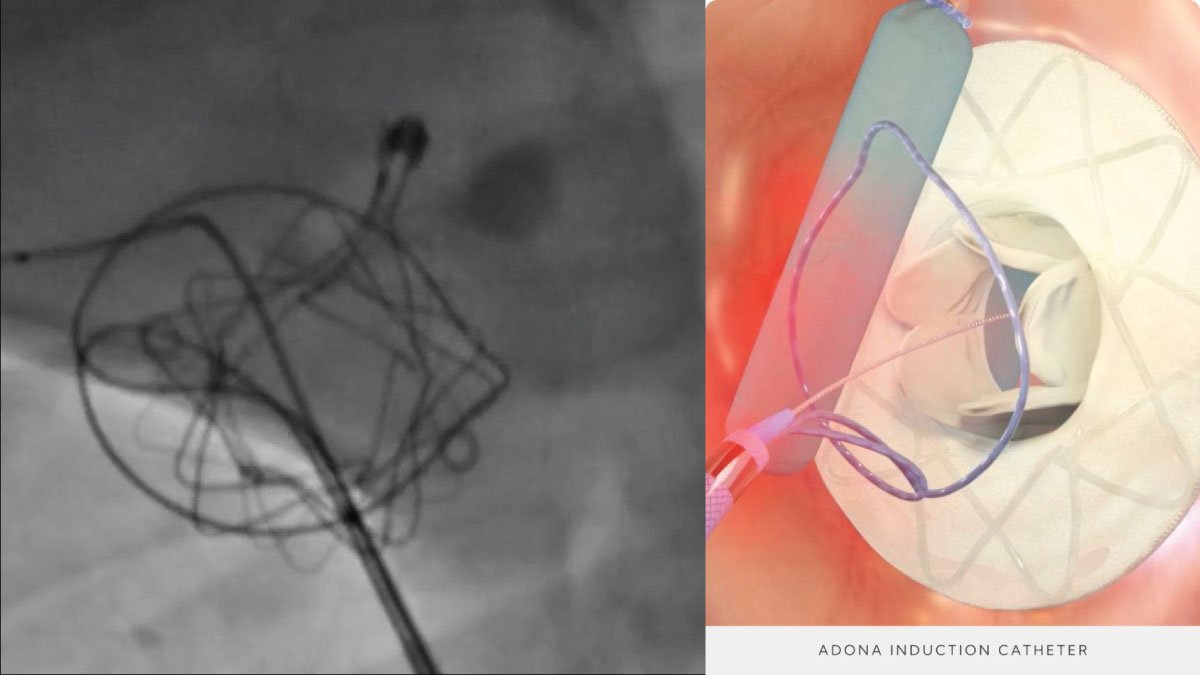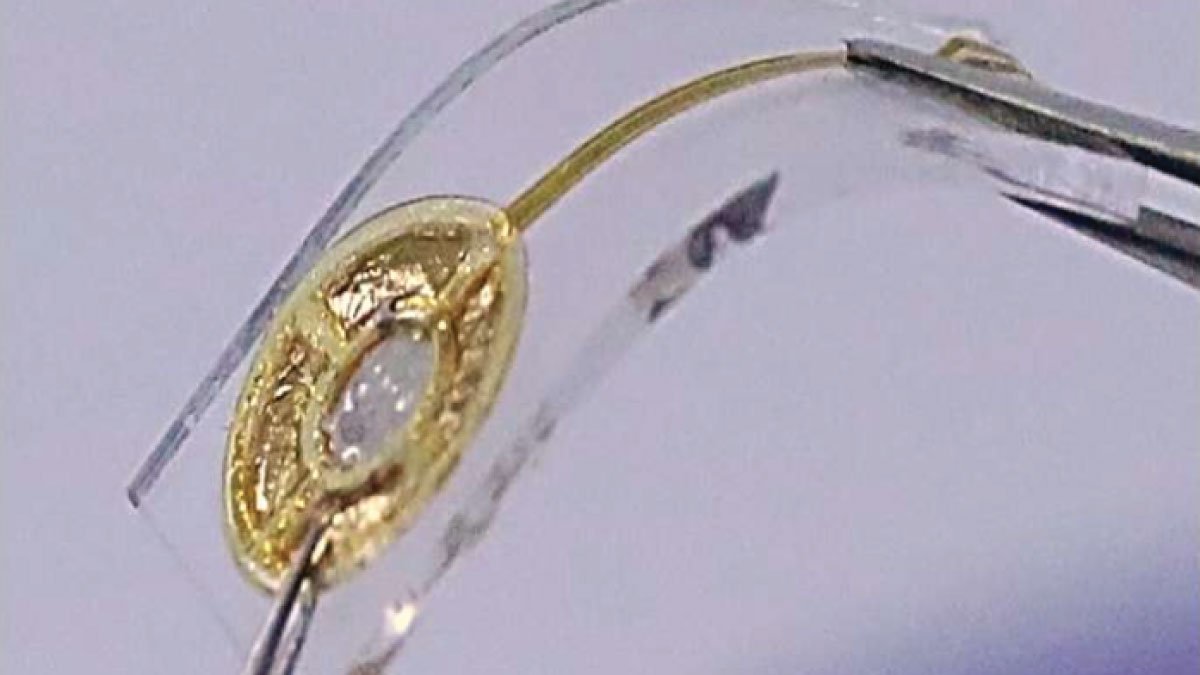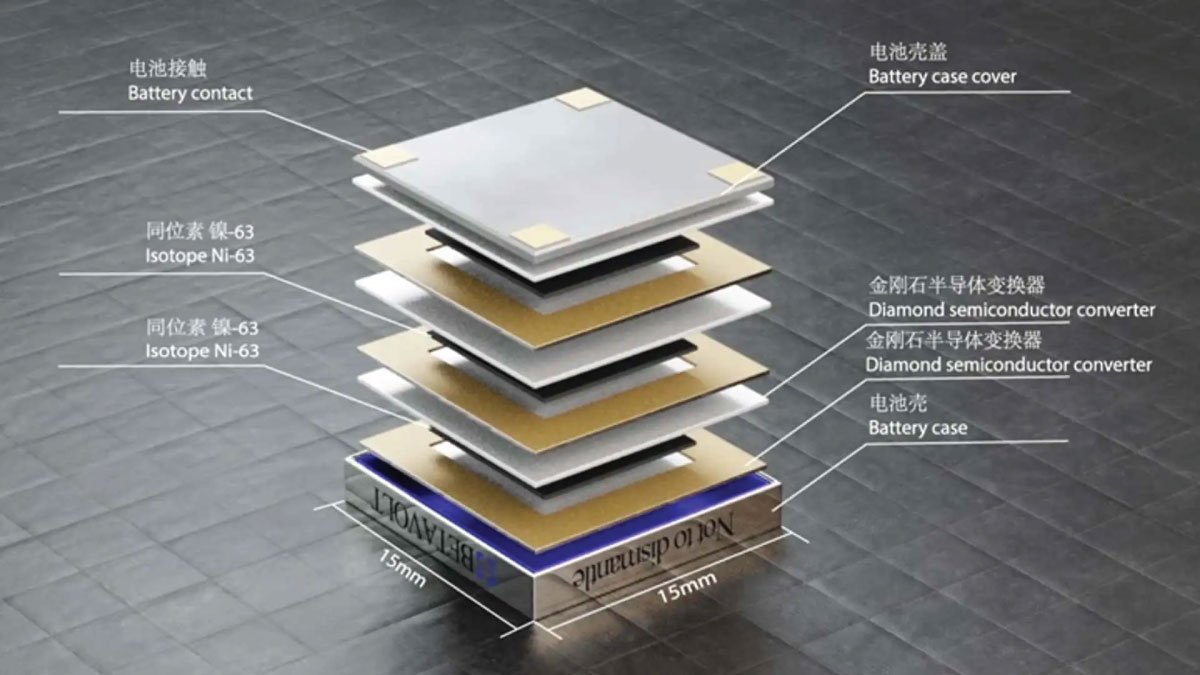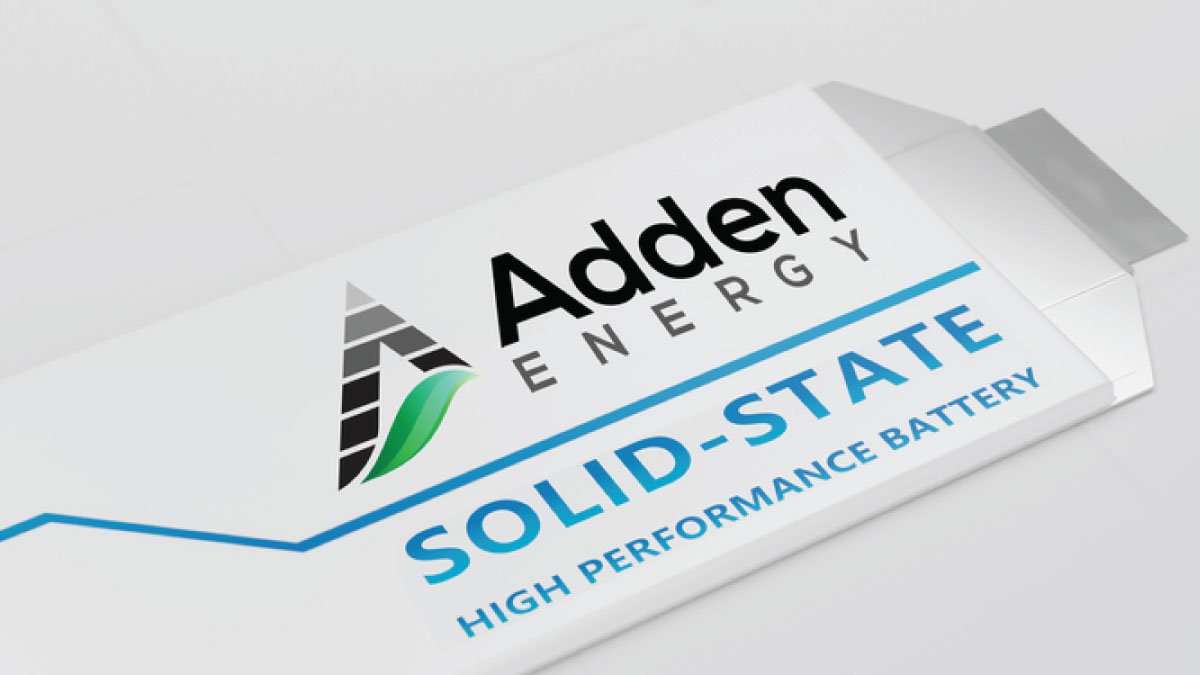Nickel-63 Nuclear Battery Collaboration by U.S. Firms Challenges China
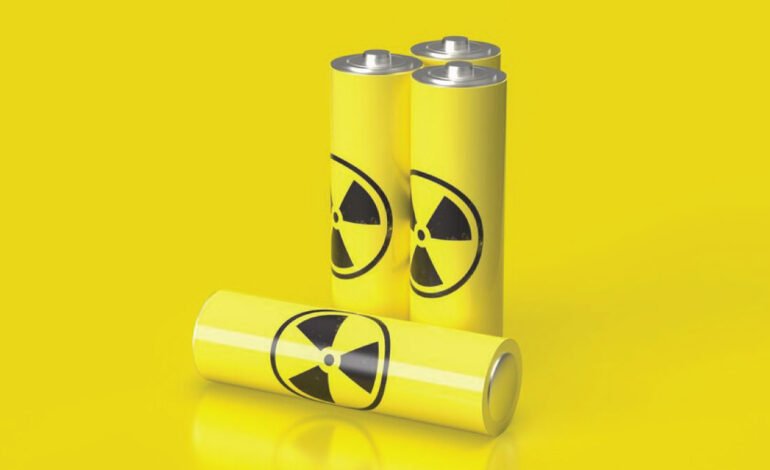
American businesses are teaming up to create a Nickel-63 nuclear battery, a state-of-the-art power source designed to challenge China’s dominance in the international market. This joint effort could transform the field of energy storage, with major implications for healthcare devices and other essential technologies.
The Emergence of Nickel-63 Nuclear Battery Technology
In a strategic move to keep pace with China’s advancements in nuclear battery technology, a number of American companies have come together to develop a Nickel-63 nuclear battery. This cutting-edge energy solution opens up new possibilities for long-lasting, space-saving power sources, especially in areas where standard batteries are inadequate. Nickel-63, a radioactive isotope, ensures a steady energy output over extended periods, making it perfect for devices that require continuous, maintenance-free power.
Benefits of Nickel-63 Nuclear Battery
The benefits of Nickel-63 nuclear batteries are numerous. Primarily, their durability greatly exceeds that of conventional batteries, with lifespans that can extend beyond several decades. This makes them particularly well-suited for medical devices, space exploration, and other critical uses where replacing batteries is either impractical or not possible. Furthermore, these batteries are remarkably small, offering high energy density in a compact size. This characteristic enables the development of more innovative and space-saving designs in medical implants and other small electronic devices.
Applications in Medical Devices and Beyond
Nickel-63 nuclear batteries present a significant opportunity for the medical device sector. Devices such as pacemakers could greatly benefit from a power source that outlasts the patient’s lifetime, reducing the need for invasive battery replacements. Additionally, medical monitoring devices could operate for decades, improving patient care in remote or underserved regions. Beyond healthcare, these batteries are also anticipated to find use in aerospace, defense, and remote sensing technologies, where reliability and longevity are crucial.
Future Prospects and International Competition
As American companies ramp up their efforts in the development of Nickel-63 nuclear battery, the global competition to be at the forefront of this technology is becoming more intense. While China has made considerable progress, the U.S. is striving to lead in innovation and application, potentially establishing new benchmarks in energy storage. Looking ahead, these batteries are expected to be integrated into a wider array of industries, from consumer electronics to renewable energy systems, providing a stable and sustainable power solution.
Conclusion
The collaboration among American companies to create Nickel-63 nuclear battery represents a significant milestone in the global energy arena. With its potential to transform medical devices and other critical technologies, this advanced energy solution could distinguish the U.S. in the competition to harness nuclear power for everyday applications. As the rivalry with China intensifies, the future of energy storage appears more promising and competitive than ever.
